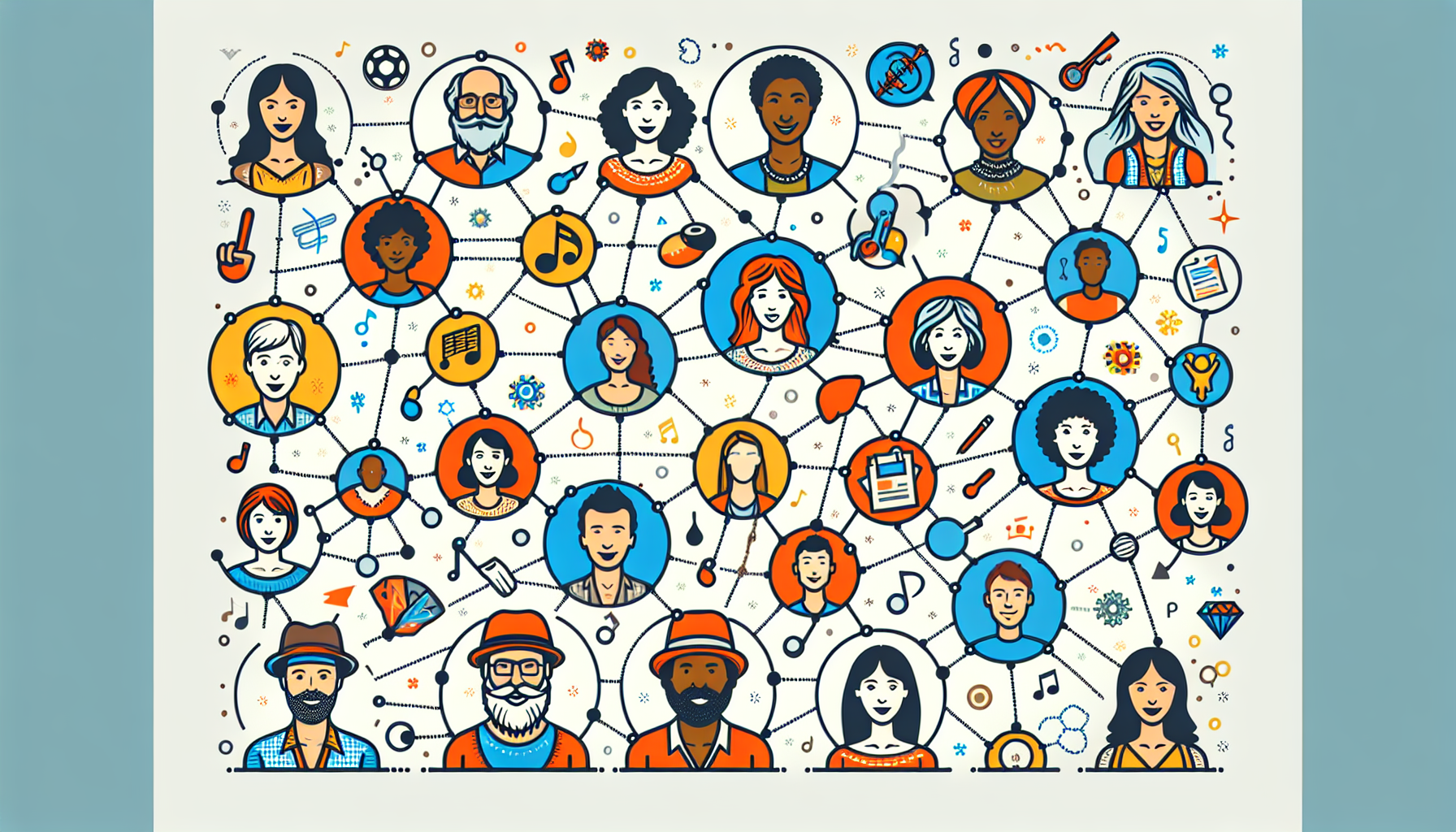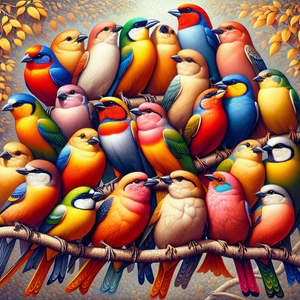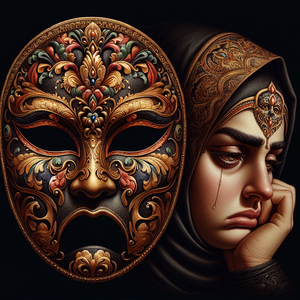O.J. Simpson's Cultural Impact Beyond the Courtroom

O.J. Simpson first gained fame as a football player, earning accolades as a running back and becoming a household name in the NFL. With a remarkable career at the University of Southern California (USC) followed by a stellar stint with the Buffalo Bills, he was not only known for his athletic prowess but also for his charisma and charm. His likability transcended sports, allowing him to break into the realm of pop culture as a media personality. Advertisers capitalized on his image, using his appeal in campaigns for brands like Hertz and Ford. The commercials showcased a glossy, aspirational version of American life, reinforcing Simpson's status as the "All-American Hero." Simpson's impact during this period reflected a broader societal admiration for athletes, particularly African American athletes, who were often seen as embodiments of hope and success. His crossover into acting, with roles in films like "The Naked Gun," further solidified his status as a cultural icon, demonstrating his versatility and charm beyond the football field.
The Trial and Its Aftermath
The O.J. Simpson trial, often dubbed "The Trial of the Century," served as a pivotal moment in American culture. It was not only a courtroom battle but a spectacle that highlighted deep-seated societal issues, particularly concerning race relations. The trial unfolded against a backdrop of racial tension and police brutality, with Simpson's case becoming a focal point for discussions about systemic racism. The African American community largely viewed him as a victim of a flawed legal system, while many in the white community saw a man accused of heinous crimes. This divide was emblematic of broader societal fractures and continued to resonate long after the verdict was delivered. The trial's outcome, where Simpson was acquitted of murder, sparked intense debates about race, justice, and the efficacy of the legal system. Many viewed the acquittal as a triumph for the African American community, while others saw it as a failure of justice, further entrenching the racial divide in America.
Media Portrayal and Public Opinion
The trial's extensive media coverage transformed how the public consumes news and engages with celebrity culture. News outlets, reality television, and later social media transformed the trial into a public spectacle, bringing courtroom drama into living rooms across the country. The saturation of media coverage not only affected public opinion but also highlighted the media's role in shaping narratives around race and celebrity. Coverage often reflected biases that influenced how Simpson was perceived, with sensationalism overshadowing nuanced discussions about race, gender, and violence. The trial became a case study in media ethics, illustrating how the pursuit of ratings could distort the truth and shape public sentiment. Simpson's acquittal ignited conversations about the intersection of race and justice, leading to more profound discussions about systemic inequality and the legal system's failures.
Pop Culture Legacy
Simpson's legacy in pop culture is complex, serving as a cautionary tale about fame's pitfalls. Filmmakers and television producers have revisited his story in various forms, from documentaries to dramatizations, each exploring different angles of his life and the trial. The FX miniseries "The People v. O.J. Simpson: American Crime Story" reignited interest in his story, sparking discussions about race, media ethics, and the nature of celebrity trials. These portrayals often polarize audiences, illustrating how Simpson's narrative serves as a reflection of American society's struggles with issues of justice and representation. Beyond dramatizations, Simpson's story has inspired books, podcasts, and scholarly articles analyzing the cultural impact of the trial and its repercussions on public discourse concerning race and justice.
O.J. Simpson's impact extends far beyond his achievements as an athlete; he has become a cultural touchstone that embodies the complexities of race, celebrity, and justice in America. The narratives surrounding him have influenced public discourse and shaped perceptions of race and crime. As society continues to grapple with these issues, O.J. Simpson's story remains a vital part of the American cultural landscape. It serves as a reminder of the intricate interplay between fame and the judicial process, offering insights into the evolving narrative of race, justice, and the media's role in shaping public perception—a legacy that continues to resonate today. In examining O.J. Simpson's cultural impact, we uncover the broader societal implications of his life and trial, revealing how they have shaped conversations around race, justice, and the nature of celebrity in America.
Cultural Studies Researcher
Universities, research institutes, and cultural organizations
Responsibilities
Conduct qualitative research on the intersections of culture, race, and media representation.
Analyze media portrayals of key historical events and figures to understand societal impacts.
Collaborate with interdisciplinary teams to produce scholarly articles and presentations.
Required Skills
Strong analytical and critical thinking skills, with a focus on socio-cultural contexts.
Proficiency in qualitative research methods, including interviews and content analysis.
Experience with data analysis software (e.g., NVivo or Atlas.ti) is a plus.
Media Ethics Specialist
News organizations, journalism schools, and media watchdog organizations
Responsibilities
Evaluate media practices and develop ethical guidelines for reporting on sensitive topics, including race and justice.
Provide training and workshops for journalists on ethical reporting standards.
Monitor media coverage to identify biases and recommend corrective actions.
Required Skills
In-depth understanding of media laws, ethics, and social responsibility.
Excellent communication skills for training and advocacy.
Background in journalism or media studies.
Public Relations Strategist
PR firms, nonprofit organizations, and corporate communications departments
Responsibilities
Develop and implement PR campaigns that address issues of race, justice, and public perception.
Manage media relations and respond to public inquiries during high-profile events or crises.
Create narrative strategies that align with organizational values and community interests.
Required Skills
Strong writing and verbal communication skills, with a knack for storytelling.
Ability to analyze public sentiment and media trends.
Experience in crisis communication and reputation management.
Documentary Filmmaker
Production companies, television networks, and independent film studios
Responsibilities
Research and develop documentary scripts that explore cultural issues, such as race and justice through historical events.
Collaborate with producers, editors, and cinematographers to bring stories to life on screen.
Conduct interviews with key figures to provide first-hand accounts and perspectives.
Required Skills
Proficiency in film editing software (e.g., Adobe Premiere Pro, Final Cut Pro).
Strong storytelling abilities and an eye for visual composition.
Experience in narrative development and documentary production.
Social Justice Advocate
Nonprofit organizations, community advocacy groups, and government agencies
Responsibilities
Develop initiatives and programs that promote awareness of systemic inequality and justice reform.
Engage with communities to gather input and advocate for policy changes.
Collaborate with legal teams to analyze cases and campaigns for social justice.
Required Skills
Strong understanding of social justice issues, particularly related to race and the legal system.
Excellent public speaking and advocacy skills.
Experience in community organizing or legal advocacy work.


